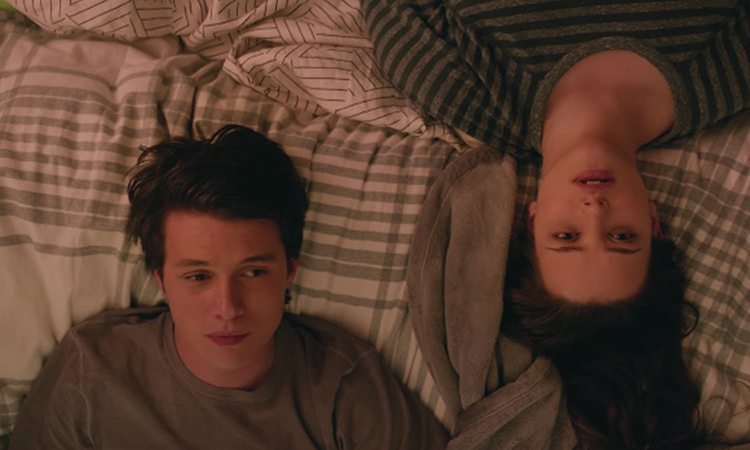Ah, the high school romance movie. What was once a relatable and rebellious genre perfected by John Hughes has since been distilled into pure formula; filmmakers trying to make a quick buck from the teen market have repackaged and rehashed it into oblivion. Adaptations of Nicholas Sparks’ schlock threaten to rid the genre of any remaining goodwill. Straight protagonists have eroded the teen romance away long enough—can “Love, Simon” revitalize the mainstream scene with a little inclusion?
Due to its taboo label in less tolerant cultures, queer romance has long been relegated to indie cinema. This has produced masterful movies: “Blue is the Warmest Colour”, “Carol”, and “Call Me by Your Name” are some of the greatest love stories committed to film. But there’s a large audience of queer teenagers that shouldn’t have to seek out indie films just to see themselves represented, and that’s what “Love, Simon”—the first movie ever released by a major studio to feature a gay teen romance—is here to recognize.
It has a fitting director: Greg Berlanti was a writer and producer on “Dawson’s Creek” (a staple of attractive teenagers in love) and normalized the LGBTQ+ community with his directorial debut “The Broken Hearts Club”. At first, “Love, Simon” leans too hard into the stale conventions of Berlanti’s TV show. The high school students speak in zingers and referential humor, and little of it registers as actual conversation.
Both the dialogue and the set design are obsessed with contemporary culture. The references to current bands, movies, and trends don’t stop coming, and neither does the soundtrack with its currently popular songs. This gives “Love, Simon” a flash in the pan feeling that almost guarantees it’ll be outdated in a few years. Signs point to another simplistic high school movie.
But a funny thing happens when the narrative picks up dramatic heft later on. When Simon starts to have a tougher time keeping his homosexuality a secret from his friends and family, the movie’s simplicity starts to work in its favor. Its strain to capture the here and now narrows in on the contemporary experience of a queer teen, and “Love, Simon” evolves into an affecting exercise in empathy.
Simon has to put in so much work just to feel accepted in a day and age that’s more accepting than ever. Simon desperately wants to feel normal—just like every other teenager—as he chases after another gay student in this lonely world. Simon feels like straight kids live unfairly easier lives. Simon is the queer teenager of today. So says Simon, so say the struggling gay kids of here and now. Listen to Simon; listen to them.
“Love, Simon” shoots for visual panache on a couple occasions and fails, but you might not even be able to see that through your tears. The film’s latter half settles for making Simon the symbol of the modern queer experience, and it works in terms of emotional authenticity. Nick Robinson’s performance begs you to put yourself in the shoes of everyone that Simon represents.
The movie isn’t impressive in total, but it’s disarmingly sincere. It’s about time that the LGBTQ+ community got a passable, predictable pop romance—especially one that sees them for who they are.
★★★½ (3.5/5)





